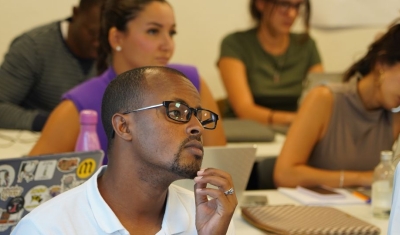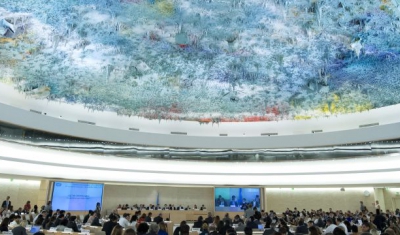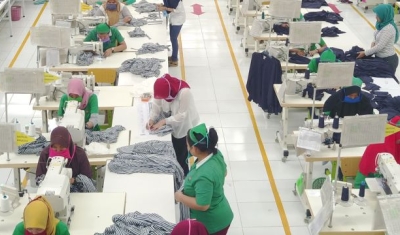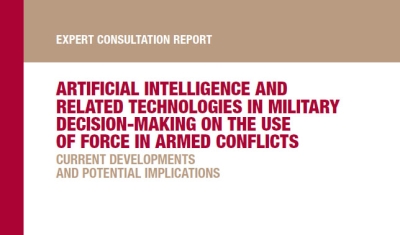Addressing the Protection of Persons with Disabilities in Gaza and the West Bank

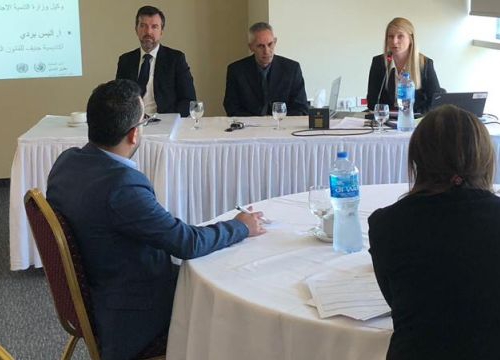
Geneva Academy
20 November 2018
Our Senior Researcher Alice Priddy led last week a series of workshops in Gaza and the occupied West Bank concerning the protection of persons with disabilities living in the occupied Palestinian territories (oPt).
The workshops were held as part of our project on disability and armed conflict, which is being supported by the Swiss Network for International Studies (SNIS).
Workshops in Ramallah and Gaza to Train Local Actors, UN Agencies and Humanitarian Organizations
In partnership with the United Nations (UN) Office of the High Commissioner for Human Rights, Alice Priddy conducted workshops in Ramallah and Gaza for local organizations of persons with disabilities, representatives of the Palestinian National Authority, UN agencies and other international humanitarian organizations. These workshops provided participants with an overview of international law applicable to persons with disabilities living in the oPt, the obligations of the differing duty-bearers, and the inclusion of persons with disabilities in norms related to the conduct of hostilities (such as assessments of proportionality and the meaning of 'effective advance warnings of attacks').
Alice Priddy also led one-day workshops in both Ramallah and Gaza for the ‘Protection Clusters’ of the Occupied Palestinian Territories.
These workshops provided an overview of the UN Convention on the Rights of Persons with Disabilities and explored ways to mainstream disability in the work of the Clusters, including ensuring meaningful consultation with organizations of persons with disabilities and developing inclusive and accessible humanitarian responses to the conflict.
‘It was a great opportunity for us to conduct these two workshops and exchange with members of the Protection Cluster which, as the main inter-agency forum in the oPt for the coordination of activities supporting protection in humanitarian action, brings together UN humanitarian agencies, human rights and development agencies and actors, as well as local and international non-governmental organisations in both Gaza Strip and West Bank’ stresses Alice Priddy.

Dissemination of Research’s Findings
The oPts are case studies within our research project on disability and armed conflict. Alice has previously undertaken field research in the region to consider the impact of the conflict on persons with disabilities and the implementation of international humanitarian law and international human rights law.
'We know that there are a large number of persons with disabilities living in the oPt and the ongoing conflict has a disproportionate impact on the enjoyment of their fundamental human rights’, said Alice Priddy.
‘We also know that persons with disabilities remain largely excluded from or overlooked in almost all aspects of the humanitarian response to the conflict. These workshops provided an important opportunity to return to the oPts to disseminate our field research findings, increase the capacity of key actors within the humanitarian community and hopefully draw attention to this incredibly important and largely overlooked issue', she added.
The project’s final report, which will draw on field research conducted in several states, including the Democratic Republic of Congo, Colombia and Ukraine, will be published in the spring of 2019.







